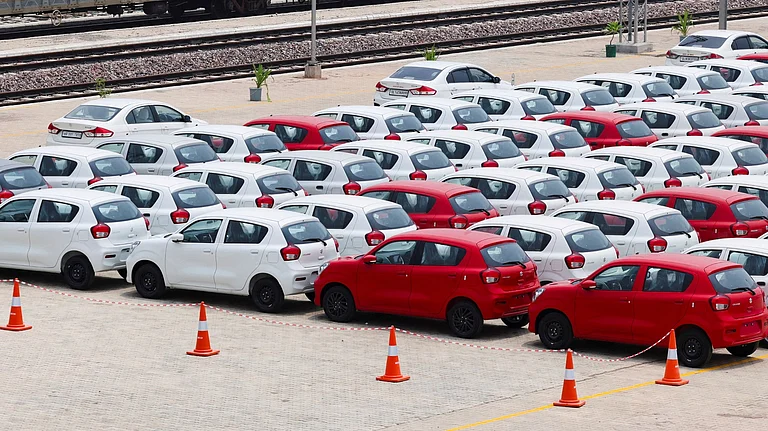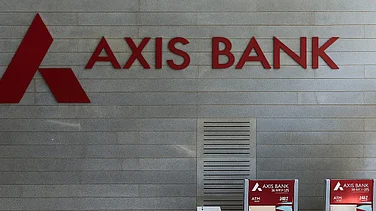Swedish commercial car maker Volvo Group has reported a 7% net sales decline for the first quarter of 2025, days after saying that it would lay off as many as 800 workers in North America. The company's President and CEO Martin Lundstedt said there was increased uncertainty surrounding tariffs, which has prompted U.S. customers to adopt a wait-and-see approach.
He said it was too early to assess the full implications from the imposed tariffs; however, they are working to adapt production capacity and commercial terms to mitigate the effects.
During the first three months of 2025, the Swedish firm saw its operating income fall to $1.39 billion, from $1.91 billion a year earlier. Operating margin stood at 10.9%.
"The underlying service business continued to grow, supported by good utilization of vehicles and machines in many markets across the world. Adjusted for the divestment of Arquus and currency, our service business grew by 2% compared with Q1, 2024, and on a rolling 12-month basis we had service revenues of SEK 129.2 billion,” says Martin Lundstedt, President and CEO.
Layoff In North America
Earlier on April 18, Volvo Group's North America said in a statement it has told employees it plans to lay off 550–800 people at its Mack Trucks site in Macungie, Pennsylvania, and two Volvo Group facilities in Dublin, Virginia, and Hagerstown, Maryland.
"Heavy-duty truck orders continue to be negatively affected by market uncertainty about freight rates and demand, possible regulatory changes, and the impact of tariffs. We regret having to take this action, but we need to align production with reduced demand for our vehicles," a spokesperson for Volvo Group North America said, as per Reuters.
During the Q1 conference call, the company said it now sees the North American heavy truck market at 275,000 new vehicles this year—much lower compared to their January forecast of 300,000.
U.S. President Donald Trump has put a 25% tariff on auto imports to the country, a move that the White House claims would foster domestic manufacturing.
These auto import tariffs were implemented on April 3—starting with taxes on fully-imported cars. The tariffs are set to then expand to applicable auto parts in the following weeks, through May 3.

































